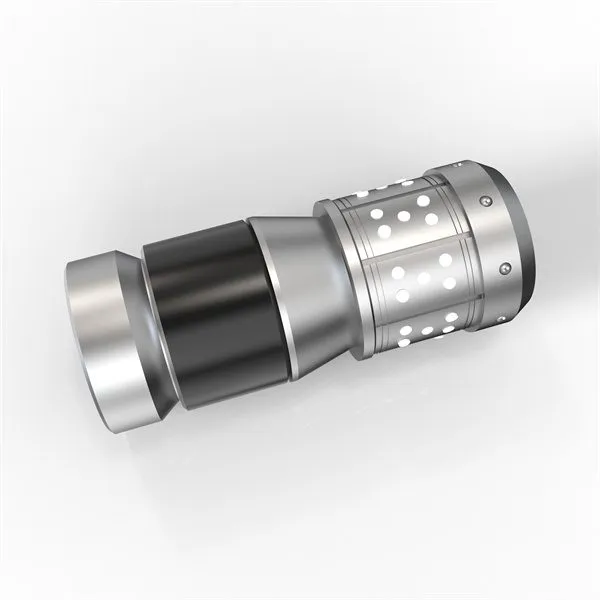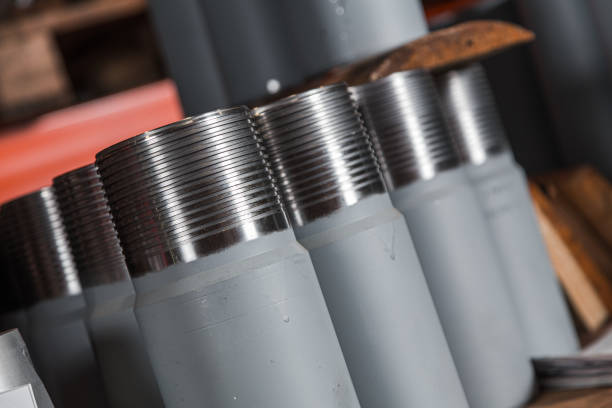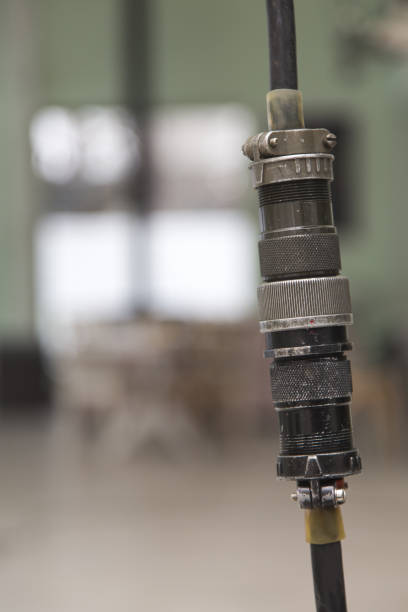English

Electric Choke Valve

What Is an Electric Choke Valve? A Complete Guide for Industrial Applications
Electric Choke Valve is a key component in flow control systems, widely used in oil and gas, chemical processing, power generation, and other industrial applications. This article explores the working principle, advantages, applications, and selection tips for electric choke valves, helping engineers and procurement teams make informed decisions.
What Is an Electric Choke Valve?
An Electric Choke Valve is a type of control valve designed to regulate the flow of fluid (liquid or gas) in a pipeline by means of an electric actuator. Unlike traditional manual or pneumatic choke valves, electric choke valves offer automated and precise control over pressure and flow rates, which is especially valuable in remote or hazardous environments.
These valves are typically integrated with feedback sensors and programmable logic controllers (PLCs) for real-time monitoring and automation.
How Does an Electric Choke Valve Work?
The working principle of an electric choke valve is based on an electric actuator, which converts electrical energy into mechanical motion to adjust the valve opening. The actuator receives signals from a control system or sensor, then moves the valve stem to increase or decrease the flow area.
This automated regulation allows the system to maintain stable pressure, minimize surges, and improve overall operational efficiency.
Key Components:
- Electric Actuator: Receives signals and controls the movement.
- Valve Body: Houses the internal mechanism.
- Trim Design: Determines how flow is restricted (e.g., needle, plug, cage).
- Sensors (Optional): Provide feedback for closed-loop control.
Advantages of Electric Choke Valves
- Remote Operation: Ideal for offshore rigs, unmanned platforms, or hazardous zones.
- High Precision: Electric actuation allows for accurate flow adjustments.
- Energy Efficient: No need for compressed air, reducing energy costs.
- Low Maintenance: Fewer moving parts compared to pneumatic systems.
- Automation Ready: Easily integrated into SCADA or DCS systems.
Common Applications
Electric choke valves are widely used in:
- Oil & Gas Wells: To control wellhead pressure and prevent blowouts.
- Chemical Plants: For regulating corrosive or high-temperature fluids.
- Water Injection Systems: For maintaining reservoir pressure.
- LNG Terminals: In cryogenic applications where precision is critical.
- Power Plants: To manage steam or cooling water flow.
Electric vs Pneumatic Choke Valve
| Feature | Electric Choke Valve | Pneumatic Choke Valve |
|---|---|---|
| Control Source | Electric signal | Compressed air |
| Accuracy | High | Moderate |
| Maintenance | Low | Moderate to high |
| Cost | Higher initial cost | Lower upfront cost |
| Remote Use | Excellent | Limited (air supply needed) |
Electric choke valves are increasingly preferred in modern facilities due to their superior automation, control, and integration capabilities.
Factors to Consider When Choosing an Electric Choke Valve
When selecting an electric choke valve, the following factors should be evaluated:
- Flow Rate and Pressure Range: Choose a valve with specifications that match your system requirements.
- Material Compatibility: Select corrosion-resistant materials like stainless steel or Inconel for aggressive media.
- Actuator Type: Look for smart actuators with diagnostics and manual override options.
- Certifications: Ensure compliance with industry standards like API 6A, ISO, or ATEX (for hazardous areas).
- Connectivity: Modbus, HART, or other communication protocols may be required for automation.
Maintenance Tips
Although electric choke valves require less maintenance than traditional systems, regular inspections and firmware updates are recommended:
- Inspect actuators quarterly for wear or signal lag.
- Monitor valve performance through SCADA logs.
- Replace worn trim components proactively to avoid flow instability.
Future Trends
As Industry 4.0 and smart factories advance, electric choke valves are expected to play a larger role in predictive maintenance and AI-based process optimization. Integration with IoT platforms will further enhance data-driven decision-making in flow control.
Conclusion
The Electric Choke Valve is a vital asset for modern industrial flow control, offering unmatched automation, safety, and precision. From oil fields to high-tech manufacturing, its role in enhancing operational efficiency cannot be overstated. Choosing the right electric choke valve involves understanding your specific application needs, ensuring material compatibility, and leveraging modern control technologies.







